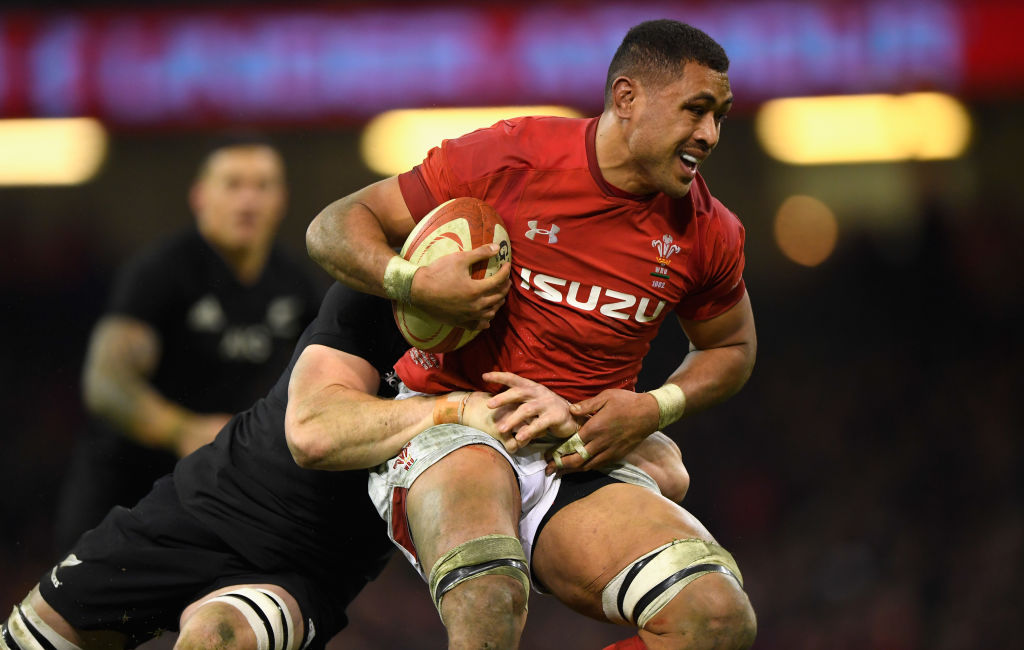
By Peter Jackson
One by one, the supposed indestructibles have been forced to take a knee in circumstances far removed from their American Football brethren protesting at alleged Presidential racism.
Jamie Heaslip once bestrode the Test arena as if immune to injury, his ever-presence for Leinster, Ireland and the Lions achieved despite the game’s masochistic tendency to ratchet the brutality factor up on a seasonal basis. He defied anything and anyone to stop him until Pascal Pape’s gratuitous knee in the spine left him with three fractured vertebrae.
True to form, Heaslip staggered on after a brief rest until he seized up before the seminal England match in Dublin last March. Two back operations later, he is still unable, or unwilling, to say when he will play again, or if at all while managing to sound precious over public knowledge of a second op, as if he considered it a state secret.
As one No.8 became resigned to a long pit stop, two others kept whizzing through the pinball machines of the global circuit. They, too, gave every impression of belonging to the same Superhuman League and now neither knows how long his recovery will take, except that it will be counted in months rather than weeks.
Kieran Read went into hospital yesterday for surgery on a damaged disc that will keep him out of action for four months. His opposite number during the Lions series, Taulupe Faletau, faces a similar period of inactivity following a knee operation.
Their fitness, like Heaslip’s, would almost have been taken for granted because it never seemed to be in question. Read’s century of appearances for the All Blacks had taken him less than nine years to compile while Faletau had got three-quarters of the way there in not much more than six years when fate intervened last weekend.
During his years as a Dragon of the Newport Gwent breed, the boy they knew as ‘Toby’ never seemed to miss a match, at least not because of injury. Now he has had two long-term ones in successive seasons since moving to Bath, a fact that suits some on the Welsh side of Offa’s Dyke to point a finger at the English Premiership as if it’s their fault, which it patently isn’t.
Like lesser mortals at every clubhouse on the rugby planet, Faletau, Read and Heaslip can understand why a standard clause ought to be written into every professional contract, if only in support of the oft-spouted claim about player welfare being the top priority.
Broken bones and shattered ligaments having become such an occupational hazard, a health warning could be inserted around a few stitches of cynicism: “In the probable event of requiring surgery, think of the positives: it guarantees you a rest period you would otherwise struggle to get.”
The removal of Read and Faletau for the immediate future leaves the table of indestructibility in urgent need of a new leader. At the risk of exposing him to the mercy of the rugby gods, another No.8 fits the bill, Sergio Parisse.
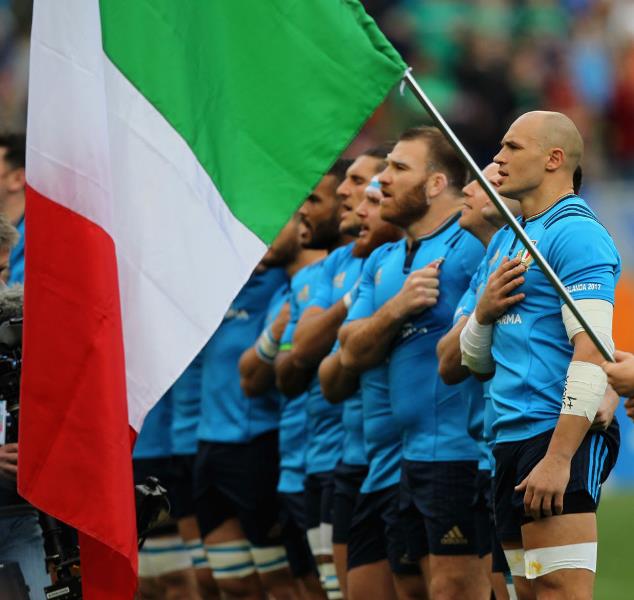
Immortal: Ever-present Sergio Parisse is a talisman for Italy (photo: Getty Images)
Italy’s imperious captain has paid his dues in that respect. Smashed knee ligaments forced him to sit out the entire Six Nations in 2010 and a painful back condition three years later did cause him to miss the odd match or two.
Given a fair wind, he will finish the forthcoming Six Nations equalling Brian O’Driscoll’s total of 65 appearances in the tournament, a figure so imposing as to have long been considered beyond the reach of normal players. Parisse has never been one of those.
He made his Test debut so long ago, against the All Blacks at Hamilton, that the Azzurri were under the supervision of John Kirwan. Fifteen years on at 34 with no noticeable decline, he is steaming towards another World Cup, a mere 19 more internationals shy of eclipsing Richie McCaw’s all-time total.
That requires ensuring he stays in one piece, a contradiction in terms for any back row forward. Heaslip, Read and Faletau will vouch for that.


Latest News
From reject to a Lion: Freeman’s stellar rise

Latest News
Bristol beat Bath to move up to third

Latest News
Diamond: Franchise league a good idea

Latest News
Touring Japan is my goal says Edwards















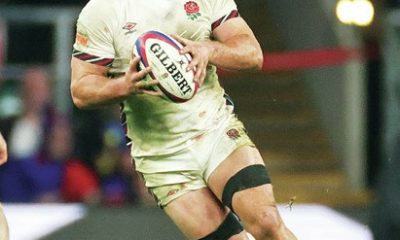

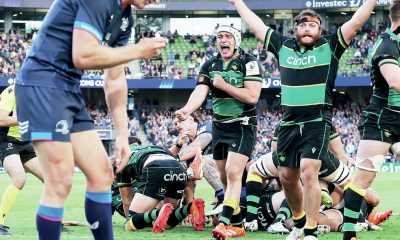

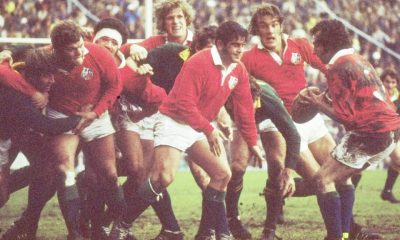

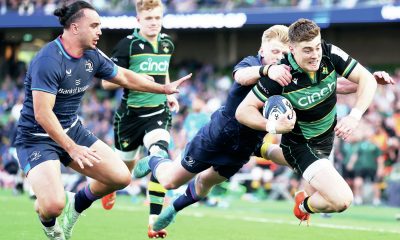

You must be logged in to post a comment Login